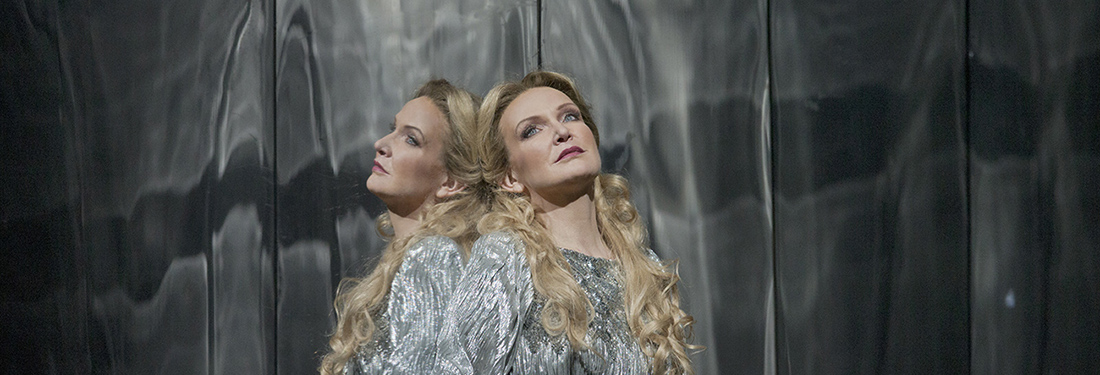
Martin Mayer in opera:
The Metropolitan Opera’s new production of “La Traviata” (March 17) takes a step backwards into conventionality – which is all right, I suppose, considering where the steps forward have been leading us lately. John Dexter appears to have had more ambitious plans for this production; the problem was that nobody liked them, including some of the singers, it is rumoured. Having commissioned sets and costumes, Mr. Dexter turned the direction of the opera over to Colin Graham. Unfortunately, Mr. Graham did not like the sets and costumes – he had the third-act set rebuilt because the planned circular staircase did not provide the entrance he wanted for Giorgio Germont – and his distaste for what he found probably contributed to the “I’ve-somehow-got-to-get through-this” atmosphere that plagued the performance. . . .
Mr. Graham made several minor mistakes in his staging. Violetta should surely not pluck a red camellia to give to Alfredo if she is inviting him back the next day: the white flower is required. And the choristers certainly should not peep through the curtains to observe the lovers towards the end of their duet – their return to the gaming room in the second act does not need to be explained or foreshadowed. Germont pére should not stand as a placid observer of the entire scene in which Alfredo insults Violetta, intervening only when it is too late – and I doubt if he would have been admitted to this fashionable salon in the grey suit he had worn in the country. (At least, the footman would have insisted on consulting Flora, which would have given the game away.) To precede Alfredo’s “Brindisi” with the spectacle of drunken aristocracy chasing the girls makes the song libidinous in ways Verdi did not intend.
For the rest, Mr. Domingo sang beautifully, though he suffered two tiny memory lapses: but he moved stiffly, almost stumblingly: there was no ardour in his performance. Miss Cotrubas lacked gaiety vocally as well as dramatically, but she is, as Europeans already know, a distinguished Violetta. Both of the singers in the female comprimario roles – Ariel Bybee as Flora and Geraldine Decker as Annina – made a larger than usual contribution.
The sets by Tanya Moiseiwitseh pushed the action to the front of the stage, always a good idea in this house, and I rather liked the second-act chateau salon, with its French windows [viewing] into the garden. The costumes, which were supposed to set the work in the 19th century, were mostly high camp. In general, I think one would have to say that this “Traviata” improves on the Cecil Beaton version it replaces, but not by much.
Happy 81st birthday bass Samuel Ramey.
Birthday anniversaries of mezzo-soprano Sabine Kalter (1890), librettist Myfanwy Piper (1911), soprano Clara Petrella (1914), baritone Anselmo Colzani (1918), soprano Hanne-Lore Kuhse and baritone Dmytro Hnatyuk (both in 1925) and composer Robert Ashley (1930).
Happy 91st birthday contralto Elizabeth Bainbridge.
Happy 80th birthday tenor Nicola Martinucci.
Happy 52nd birthday mezzo-soprano Daniela Barcellona.
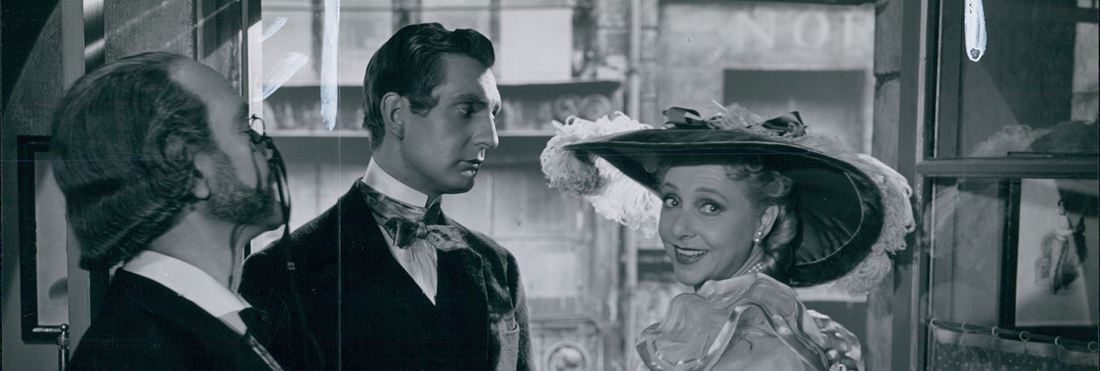
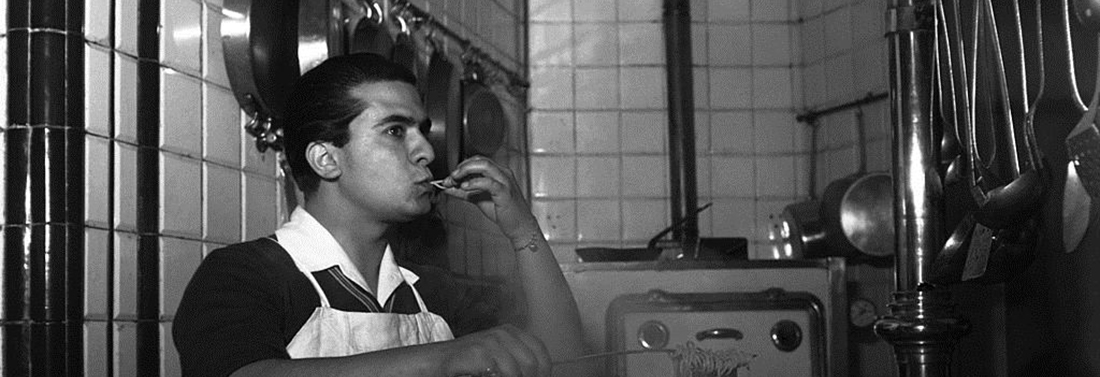
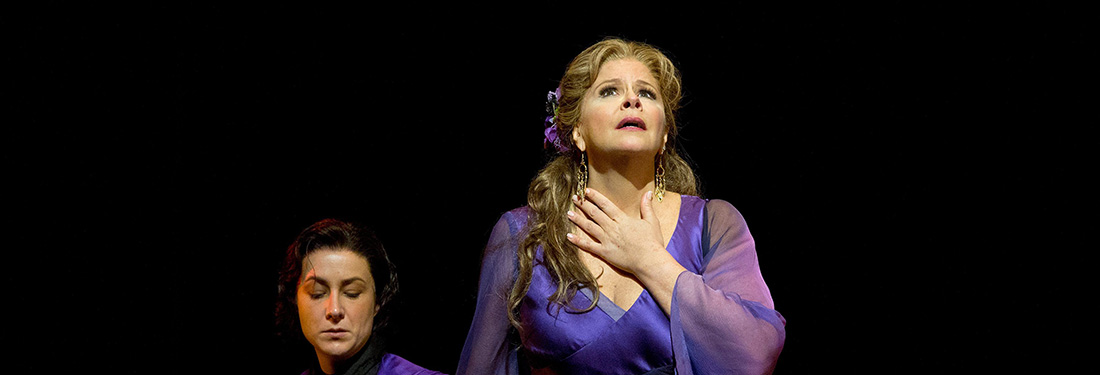
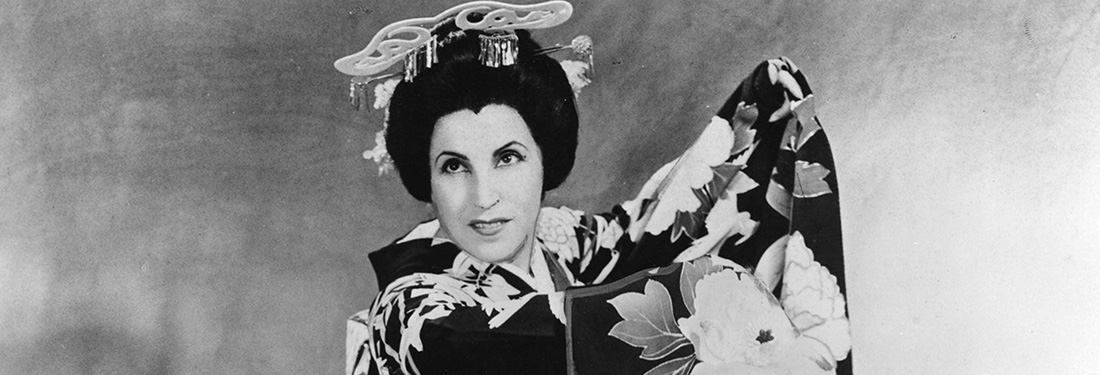
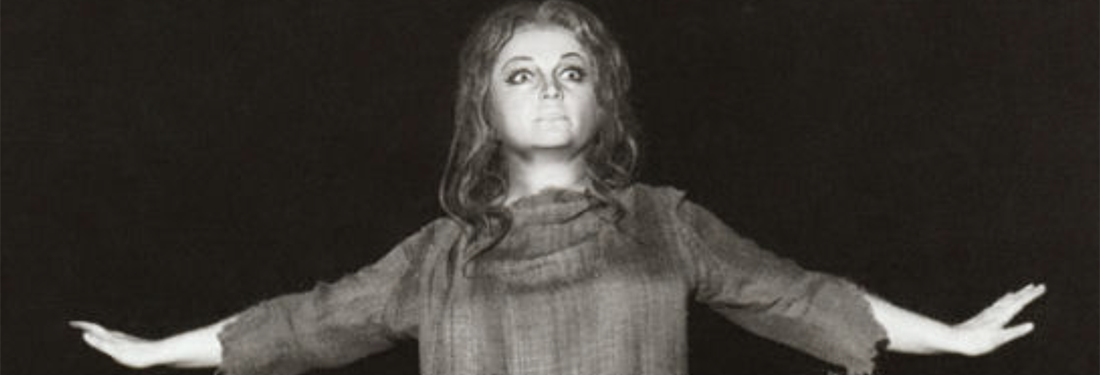
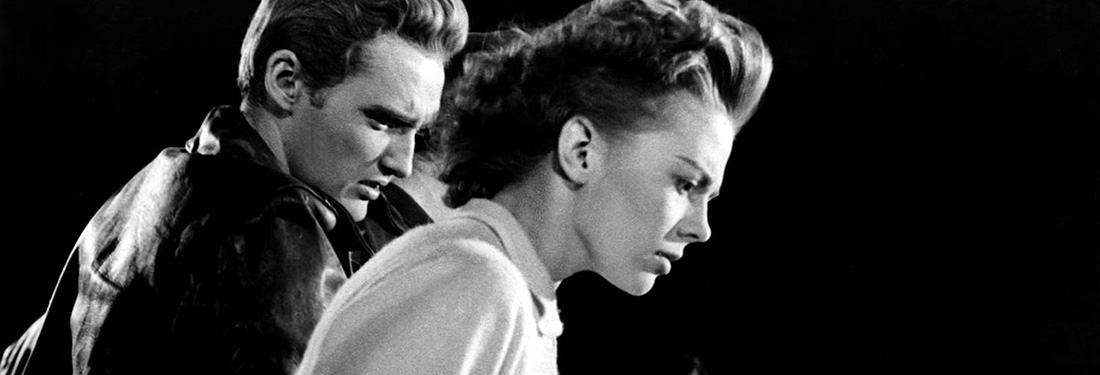
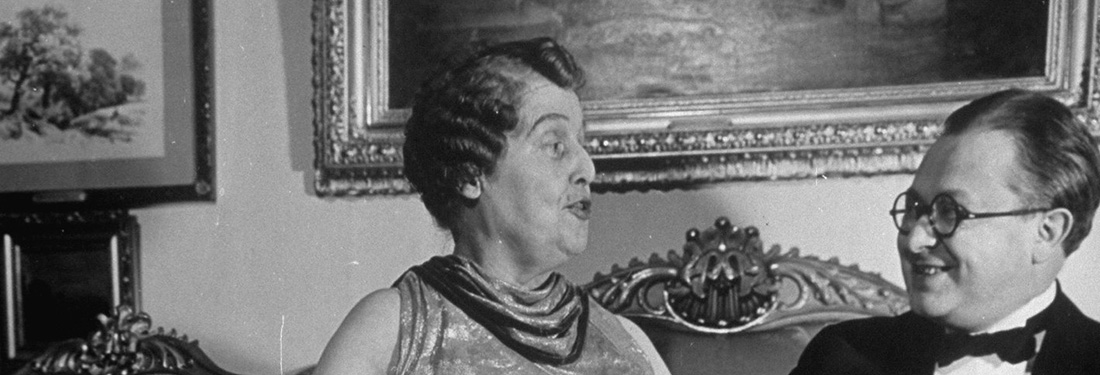
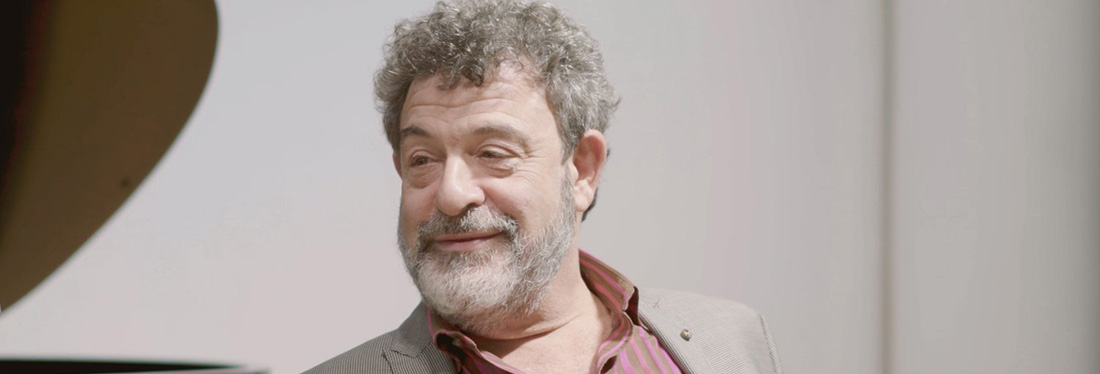
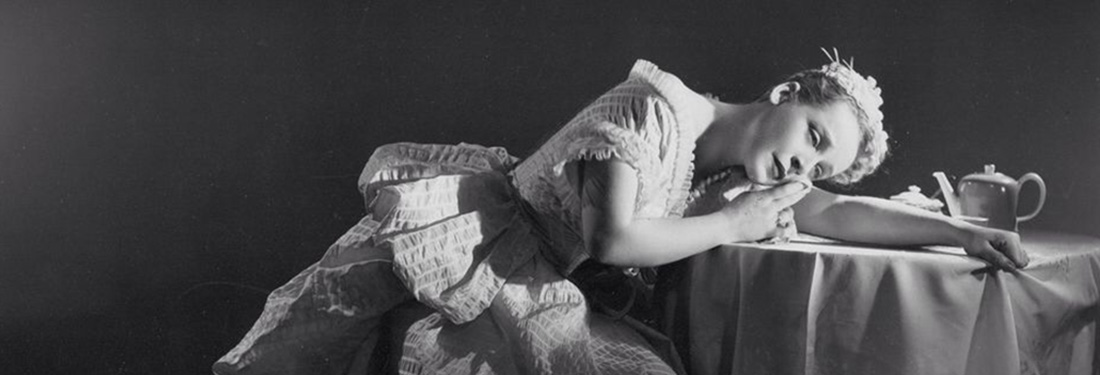
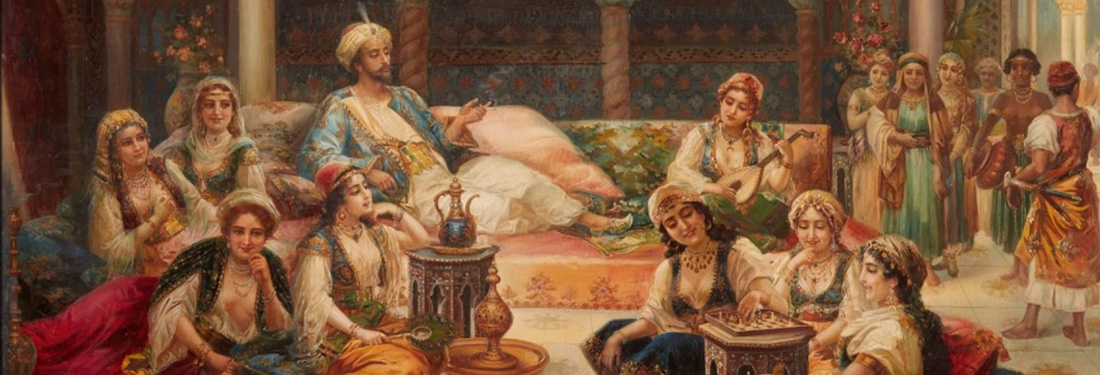
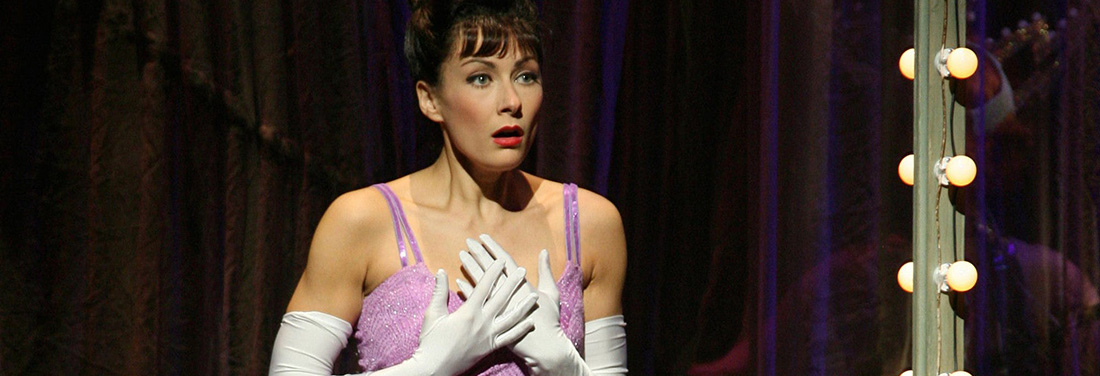
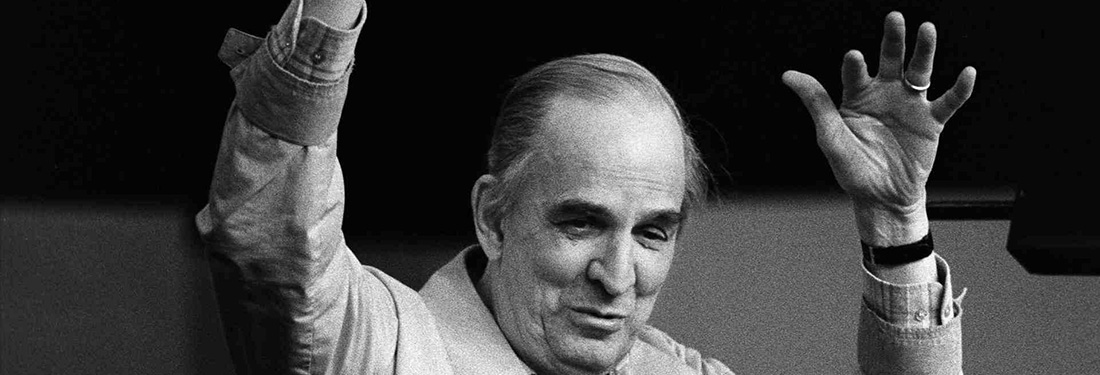
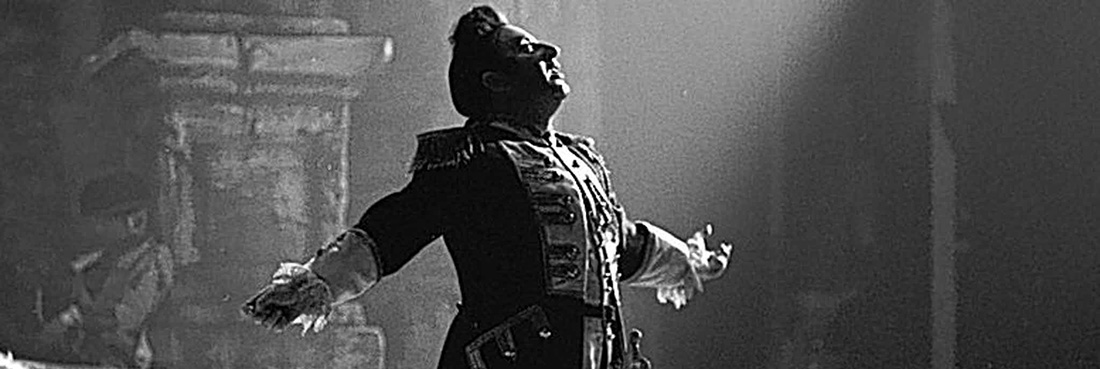
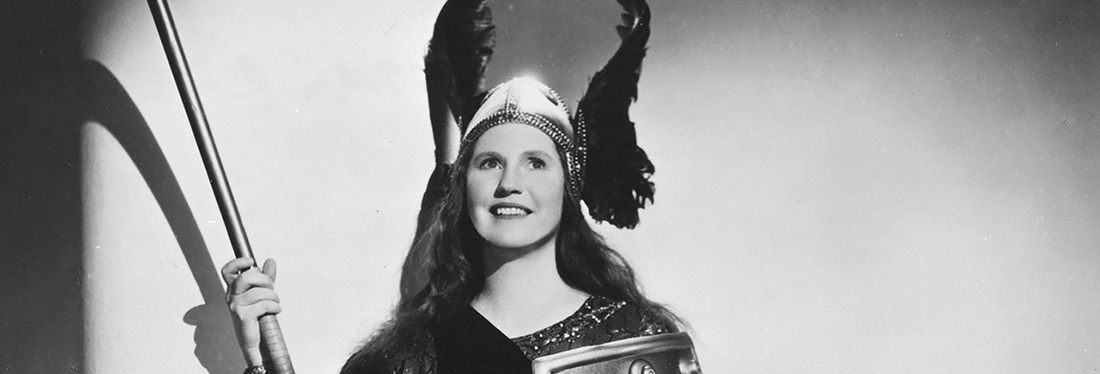






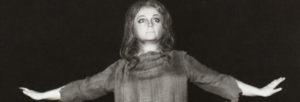




Comments